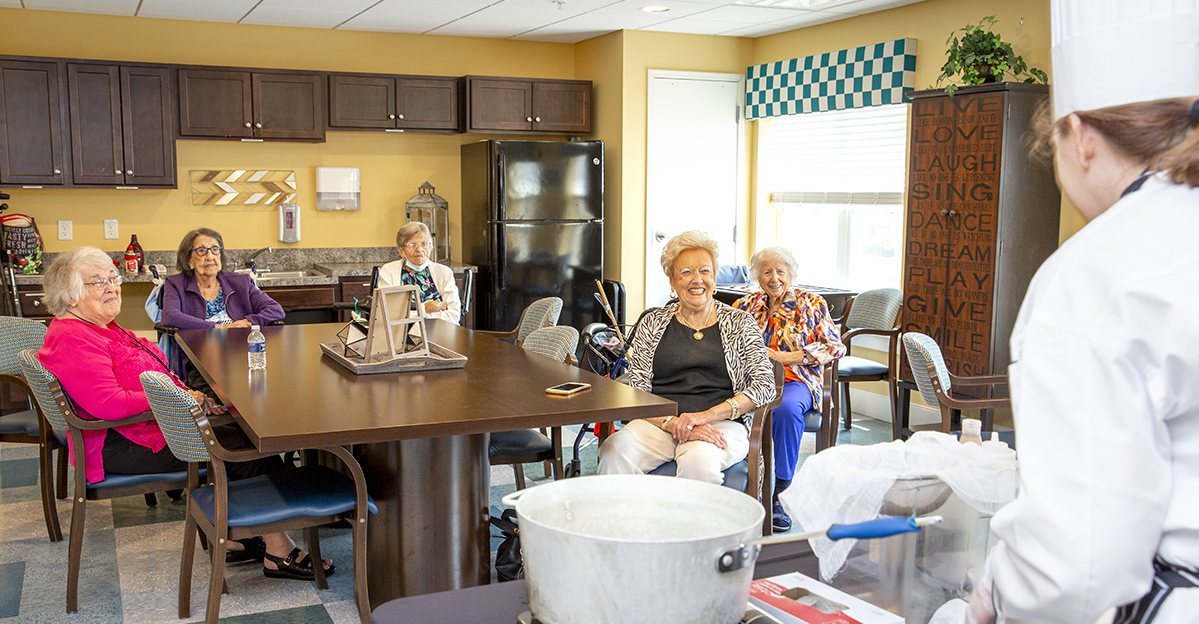When it comes to determining senior citizenship, age is a key factor. However, it’s not the only determinant. Some people consider themselves senior citizens upon reaching retirement, while others prefer to wait a bit longer. Understanding the official senior citizen age can help you access various benefits and resources that are available to seniors, such as retirement pensions, health care services and exclusive discounts on goods and services
At What Age Is Someone Considered A Senior Citizen?
At what age are we considered senior citizens? It’s subjective, and while most individuals think the age of 65 is the magic number, there’s no universally agreeable age for senior citizenship.
Factors That Can Influence Seniorhood Status
Most people generally consider anyone over 65 years old to be a senior. However, senior citizen age can vary significantly depending on various key factors:
- Legal definitions: State and federal definitions play a crucial role in establishing the age at which individuals become senior citizens. For instance, eligibility for Medicare, a federal health insurance program for seniors, begins at age 65. However, some states may offer additional benefits or programs for seniors at different ages.
- Society and culture: Social and cultural perspectives also influence perceptions of senior citizenship and the age at which it begins. In some cultures, advanced age is associated with wisdom and experience, and senior citizens are highly valued and respected within their communities. On the other hand, in societies that prioritize youthfulness and productivity, reaching senior status may be accompanied by stereotypes or misconceptions about capabilities and contributions. These societal attitudes can shape individual perceptions of aging and influence the age at which individuals consider themselves to be seniors.
- Organization rules: Companies and organizations can also influence the age at which individuals are considered to be senior citizens. For example, some senior living communities may set the bar for senior status higher or lower than state or federal guidelines. Similarly, businesses offering senior discounts may choose to extend benefits to individuals at a certain age threshold, regardless of official definitions.

The Benefits Of Being A Senior
While aging may sometimes present its own unique set of challenges, it comes with a host of exclusive perks, including:
- Access to Medicare: People over the age of 65 are eligible for Medicare, a federal health insurance program that provides coverage for hospital stays, doctor visits, prescription drugs and more.
- Social Security: If you’ve reached senior citizen age, you may be eligible for social security benefits, which can provide a reliable source of income during retirement.
- Pension benefits: For individuals who have worked in jobs that offer pension plans, reaching senior status often means gaining access to these retirement benefits.
- Senior discounts: Some businesses offer a wide range of discounts and perks for seniors. From discounted movie tickets and restaurant meals to reduced fares on public transportation, senior discounts can help make everyday expenses more manageable.
- Tax benefits: Tax benefits can be valuable opportunities to maximize savings and financial security during retirement. In some states, individuals aged 65 and older enjoy an increased standard deduction, reducing taxable income and potentially lowering overall tax liability.
- SNAP: In addition to financial benefits, seniors may also qualify for assistance with food expenses through the Supplemental Nutrition Assistance Program (SNAP), formerly known as food stamps. SNAP benefits can help low-income seniors access nutritious food and maintain a healthy diet on a limited budget.

Healthy Aging Tips
Taking care of our bodies is important, especially as we grow older. Here are several key proactive steps you can take to promote healthy aging:
- Prioritize sleep: Getting enough sleep is key to maintaining good physical health and cognitive function as we age. Research suggests that we should aim for seven to nine hours of quality sleep each night. If you’re struggling to get a good night’s sleep, try establishing a consistent sleep schedule and cutting down on daytime naps.
- Maintain a healthy diet: Eating a balanced diet can help prevent chronic diseases, maintain a healthy weight and support healthy aging. Strive to add nutrient-rich foods, including fruits, vegetables, whole grains and proteins, to your diet.
- Stay active: Regular exercise can help us maintain strength, flexibility and good cardiovascular health as we age. Aim for at least 150 minutes of moderate-intensity aerobic activity each week, along with strength training exercises to help maintain muscle mass and bone density.
- Limit alcohol intake: According to research, excessive drinking can increase the risk of chronic diseases and cognitive decline. To promote healthy aging, try to limit alcohol intake to moderate levels, or avoid it altogether.
- Engage in mentally stimulating activities: Mentally stimulating activities help to keep our minds sharp and may prevent or delay the onset of age-related memory illnesses, like Alzheimer’s. You can keep your brain engaged by participating in mentally stimulating activities, like solving puzzles, reading books and engaging in other hobbies that challenge your cognitive function.
- Cultivate social connections: Maintaining social connections is vital for emotional well-being and cognitive health, especially as we age. Staying connected with family and friends can help seniors combat feelings of loneliness and isolation.
Senior Living With StoryPoint Group Communities
At StoryPoint Group, we believe your senior years aren’t about limitations, but rather about embracing newfound freedoms and exploring your passions. We’re genuinely thrilled at the prospect of joining you on this unique journey. To see what it’s like to live with us, visit a StoryPoint Group community near you, or give us a call today at 1-844-275-9990.











